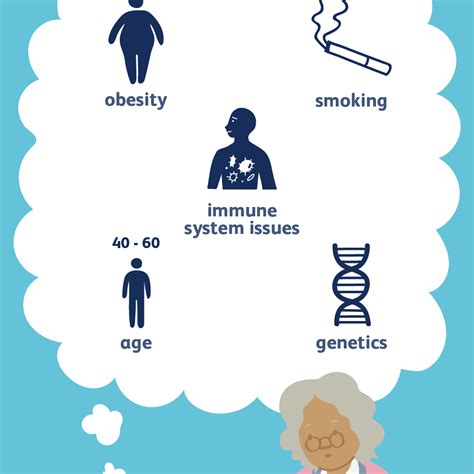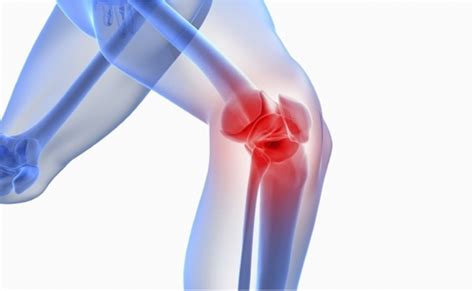A herniated disc, often known as a slipped disc, is a common condition that can cause significant pain and discomfort. However, there’s good news for those who are experiencing this ailment: in most cases — a staggering 90% — pain caused by a herniated disc will dissipate on its own within six months.
If you find yourself diagnosed with a herniated disc, your initial step should be consulting your doctor. In many instances, they will recommend you to start with over-the-counter pain relievers and advise you to steer clear from activities that aggravate the pain. Notably, most lumbar disc herniations do not necessitate any treatment as they naturally heal. However, when the pain persists, the treatment approach often begins conservatively. Such treatments include anti-inflammatory medications and physical therapy. Learn more about herniated disc conditions here.
Another common treatment option is the epidural steroid injection. These are especially useful for treating back pain specifically caused by a herniated disc, lumbar or cervical radiculopathy, spinal stenosis, or even sciatica. Corticosteroids, powerful anti-inflammatory drugs, are injected into the epidural space, leading to significant reduction of inflammation around the irritated nerve. Find out more about epidural injections here.
Before contemplating surgery, there are numerous alternative treatments available for a herniated disc in the lower back. These alternatives include weight loss, physical therapy, pain medications, and epidural steroid injections. Physical therapy, in particular, may come with suggestions for activity modification to alleviate discomfort. Get more details about lumbar spine herniations here.
Most herniated disc cases, with or without accompanying sciatica, will show improvement with conservative treatments. Some of the recommendations include limited bed rest (typically not exceeding a couple of days), warm baths, the use of heating pads, and medications such as aspirin, other nonsteroidal anti-inflammatory drugs (NSAIDs), or muscle relaxants. Harvard Health provides an in-depth look at herniated discs here.
In summary, if the pain ranges from mild to moderate, most individuals with a herniated disc can manage it with nonsteroidal anti-inflammatory drugs or over-the-counter pain relievers. A short period of low activity level might also be beneficial until the spinal nerve inflammation subsides. For comprehensive information on treatments and conditions, visit this resource on herniated discs.


